California’s Record Heat Magnified Drought Woes in 2014
Precipitation was near average, but temperatures smashed the previous heat record.
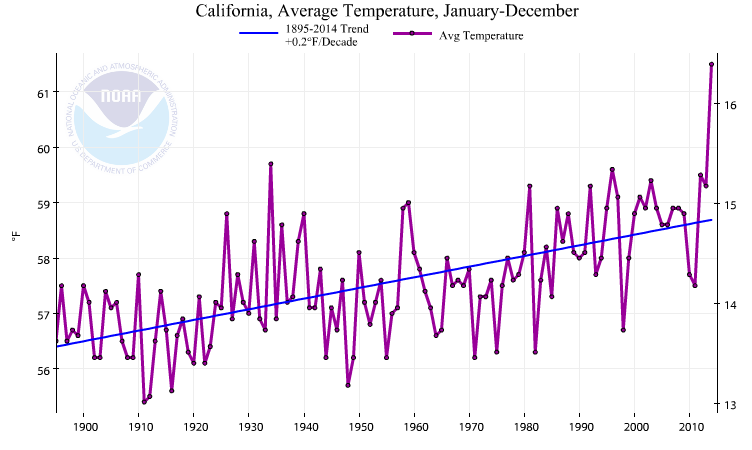
The year 2014 stands alone in California’s record book. Temperatures last year were by far the highest in the 120 years of record-keeping — a startling 1.8 degrees Fahrenheit warmer on average than the previous standard, set in 1934.
The cauldron in California mirrored a global pattern; 2014 was the world’s hottest year on record, according to the National Oceanic and Atmospheric Administration (NOAA). Nine of the 10 warmest years occurred in the 21st century, due primarily to increasing concentrations of greenhouse gases in the atmosphere.
The sustained and enveloping heat — felt in California, from Central Valley farmland to coastal beaches — turned a year of relatively average precipitation into a continuation and deepening of a monstrous drought that has wracked the state since 2012.
Several consecutive dry years — including 2013, the state’s driest year on record — set the stage for a punishing year in 2014. Moisture levels were already low, and the seemingly endless days of sunshine last year were akin to a hair dryer aimed directly at the soil and mountain snowpack. Water evaporated before it could flow into rivers. Even though precipitation was near average, the state got roughly as much usable water as in 1977, one of the lowest precipitation years on record, according to Michael Dettinger of the U.S. Geological Survey.
The combination of record heat and years of moisture deficits created the worst drought conditions in 1,200 years, according to a study published in December in the journal Geophysical Research Letters. Precipitation was low but not unprecedented, the researchers noted. The temperatures, however, pushed the drought to another level.
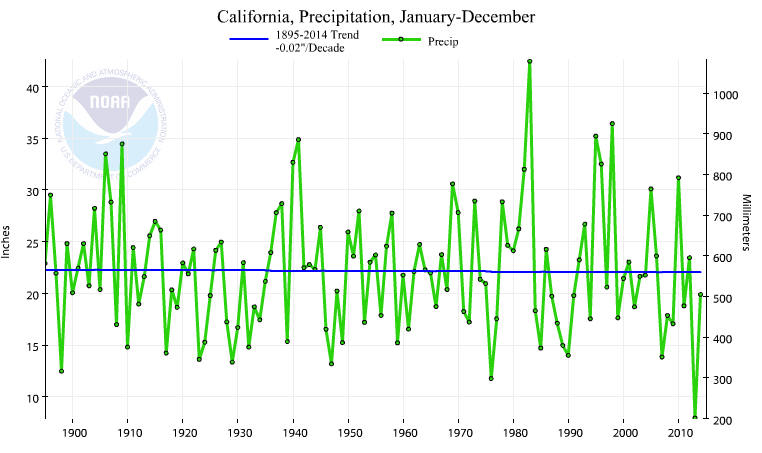
Brett writes about agriculture, energy, infrastructure, and the politics and economics of water in the United States. He also writes the Federal Water Tap, Circle of Blue’s weekly digest of U.S. government water news. He is the winner of two Society of Environmental Journalists reporting awards, one of the top honors in American environmental journalism: first place for explanatory reporting for a series on septic system pollution in the United States(2016) and third place for beat reporting in a small market (2014). He received the Sierra Club’s Distinguished Service Award in 2018. Brett lives in Seattle, where he hikes the mountains and bakes pies. Contact Brett Walton



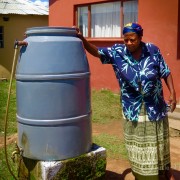

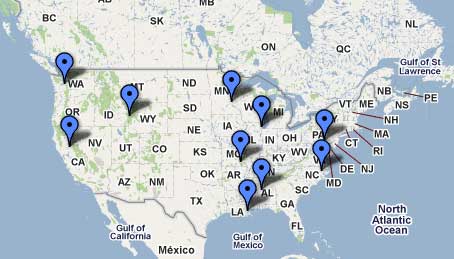
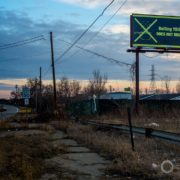
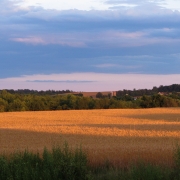



Leave a Reply
Want to join the discussion?Feel free to contribute!